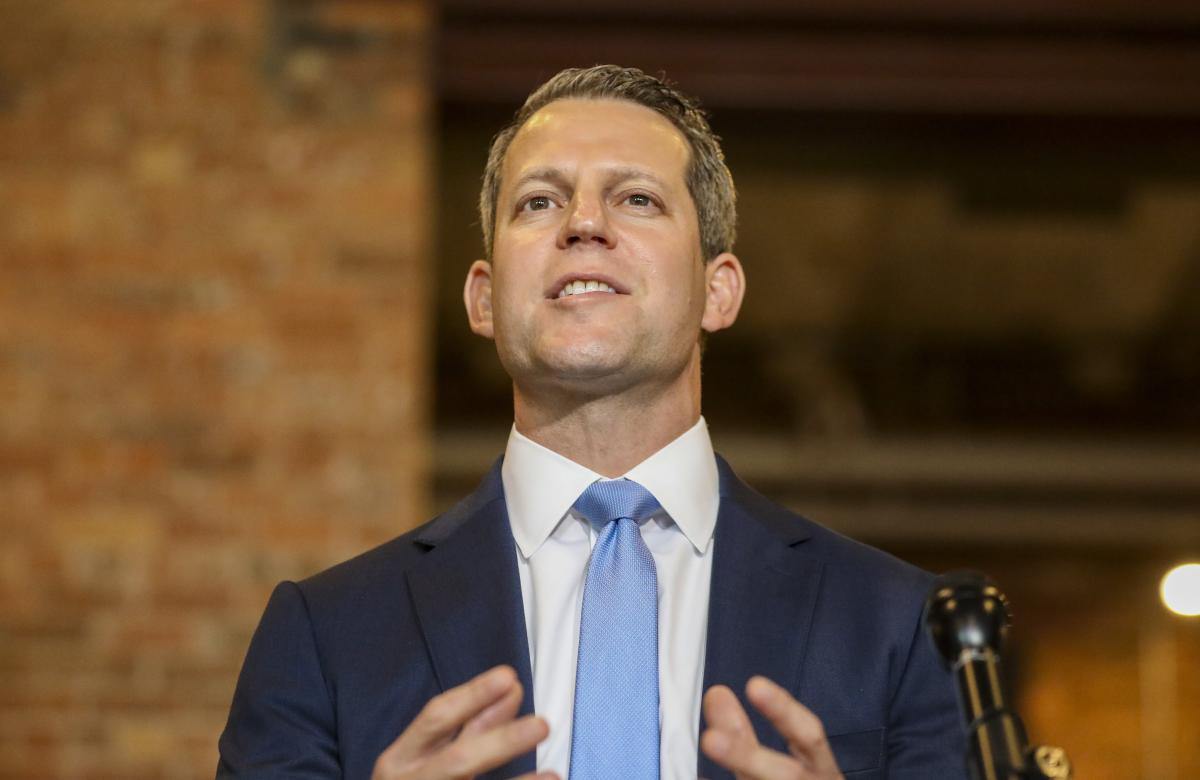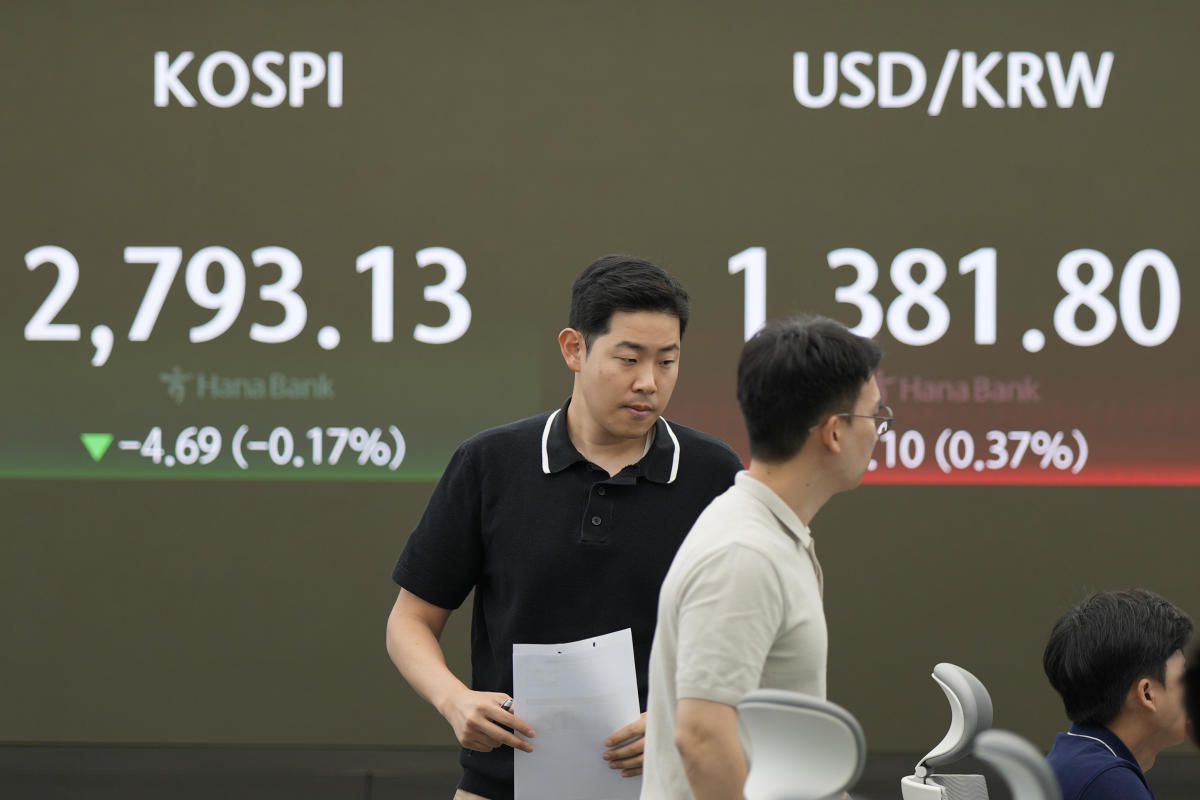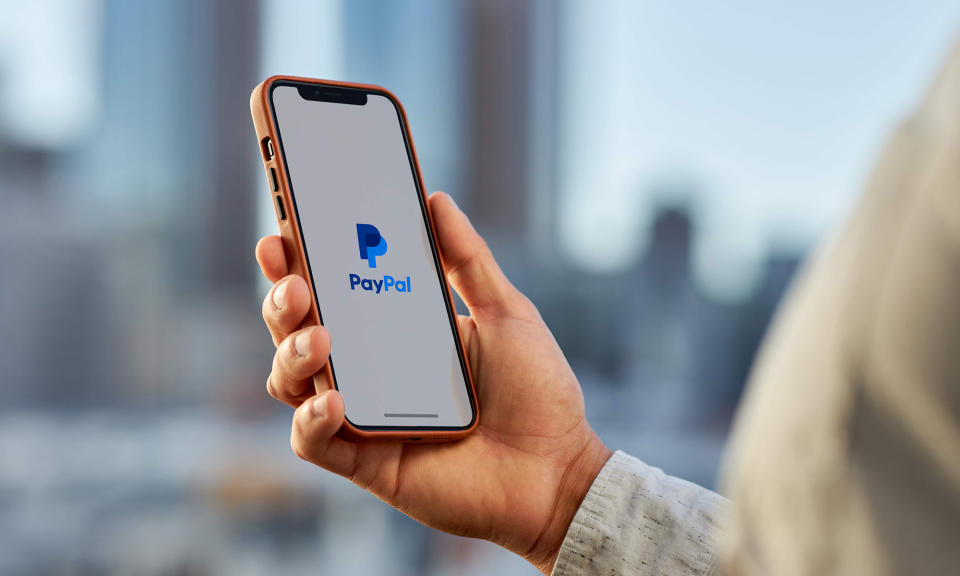The flipping of the calendar into 2024 will usher in some new laws in New York State.
Minimum wages and highway tolls will rise, health care coverage for new mothers will expand and New Yorkers seeking public assistance will be able to select “X” as their gender identity.
Here’s a look at some of the legal changes in New York set for Monday.
A minimum wage hike
The marquee legal change set to take effect Monday is a rise in the minimum hourly wage: from $15 to $16 in New York City, Long Island and Westchester County, and from $14.20 to $15 across upstate New York.
The increase is part of a series of hikes that were planned by Gov. Hochul and state lawmakers during budget negotiations. Ultimately, the minimum wage is scheduled to climb in the city to $17 by 2026, with further increases tied to inflation.
“On Jan. 1, we are lifting New York’s minimum wage to help hardworking New Yorkers keep up with rising costs and continue supporting their families,” Hochul, a Democrat, said in a statement last month.
The governor has urged any minimum wage earners who do not find increases in their paychecks to file complaints with the state’s Labor Department. A complaint form is posted on the Labor Department’s website. A help line for workers is reachable at (833) 910-4378.
Hochul’s office said the increases would help hundreds of thousands of minimum-wage workers statewide.
Progressive Democrats had pushed for steeper increases to the minimum wage, and Republicans had opposed any lift.
Heftier highway tolls
Get ready to pony up a bit more money to fly down the freeway.
For the first time in 14 years, New York is implementing system-wide changes to its E-ZPass toll rates, according to the state Thruway Authority.
The base New York E-ZPass price will rise by 5% statewide, according to the Thruway Authority. Another 5% hike is planned for January 2027.
This year, a drive from Albany to Buffalo, for example, will cost a New York E-ZPass customer $12.78 in tolls, up from $12.18, according to the authority.
An exception to the rate shift will come on the Tappan Zee Bridge — technically called the Gov. Mario M. Cuomo Bridge — where a 50-cent fixed toll rate increase is planned for E-ZPass customers. The previous toll rate on the bridge was $5.75.
The bridge crosses the Hudson River, connecting Rockland and Westchester counties.
The Thruway Authority’s director, Frank Hoare, said in a September statement that the price increase would help the authority meet “infrastructure and operational needs” while maintaining “some of the lowest toll rates in the country.”
Out-of-state drivers and those using toll-by-mail will pay a toll rate 75% higher than the New York E-ZPass rate, according to the authority.
Expanded doula care for moms
Starting Monday, all New York mothers who receive Medicaid will be entitled to doula services at childbirth. Doulas are trained to provide crucial counseling during the process of childbirth, but do not deliver babies.
Mothers who have the support of doulas are less likely to experience complications or to require Caesarean sections.
The entitlement is part of an effort to reverse increases in maternal deaths and infant mortality.
In 2022, the provisional infant mortality rate rose by 3% nationwide, according to government data. And the number of maternal deaths surged by about 40% between 2020 and 2021, the Centers for Disease Control and Prevention reported.
More than 7 million people receive health care coverage under New York’s Medicaid program, according to the state Health Department.
“Our maternal and infant mortality rates are a disgrace,” Hochul said in a statement in November. “Expanding access to doula services is an effective, evidence-based strategy to support expectant parents and allow their babies to grow and thrive.”
‘X’ gender identity available to public assistance recipients
Beginning on Jan. 1, the state’s Office of Temporary and Disability Assistance will be required to allow public benefit applicants to select “X” as their gender identity.
The assistance office oversees the distribution of food stamps, home power assistance, refugee services and more.
The requirement is part of a settlement the state entered into after the New York Civil Liberties Union sued the assistance office in 2021, asserting that the office was discriminating against nonbinary New Yorkers by requiring them to identify as male or female to receive benefits.
The settlement, dated Oct. 4, was filed in Manhattan Supreme Court.
“Offering ‘X’ gender markers lets nonbinary New Yorkers know that their government sees them and honors who they are when seeking food stamps, cash assistance and other supports,” Gabriella Larios, a staff attorney for the New York Civil Liberties Union, said in an October statement.
“In the face of nationwide attacks targeting trans and nonbinary people, we will continue to monitor implementation of the settlement,” she added.
The Office of Temporary and Disability Assistance said in a statement that it “has been and continues to be committed to protecting access to benefits, regardless of gender identity.”
In 2021, state officials approved a law that allows New Yorkers to identify their sex on state-issued identification, including drivers’ licenses, with an “X.”
Signup bonus from





